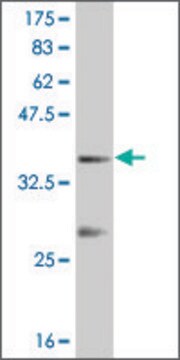추천 제품
일반 설명
Pro-Insulin consists of the three parts: C-peptide and two long strands of amino acids (alpha and beta chains; later become linked together to form the Insulin molecule). From every molecule of Pro-Insulin, one molecule of Insulin plus one molecule of C-peptide are produced. C-peptide is released into the blood stream in equal amounts to Insulin.
특이성
No cross-reactivity with Insulin or other peptide hormones or proteins was observed.
The antibody C-PEP-01 reacts specifically with C-peptide, a part of the Pro-insulin molecule.
면역원
Synthetic C-peptide of human pro-insulin conjugated to bovine serum albumin.
애플리케이션
Research Category
Signaling
Signaling
Research Sub Category
Insulin/Energy Signaling
Insulin/Energy Signaling
This Anti-Pro-Insulin C-Peptide Antibody, clone C-PEP-01 is validated for use in IH(P) for the detection of Pro-Insulin C-Peptide.
품질
Evaluated by Immunohistochemistry in normal human pancreas.
Immunohistochemistry Analysis: A 1:100 dilution of this antibody detected insulin in human normal pancreas tissue.
Immunohistochemistry Analysis: A 1:100 dilution of this antibody detected insulin in human normal pancreas tissue.
표적 설명
Approx. 12 kDa
결합
Replaces: CBL94
물리적 형태
Format: Purified
Mouse monoclonal IgG1 in phosphate buffered saline, pH7.4, and 15 mM sodium azide.
Sequential precipitation with caprylic acid and ammonium sulfate.
저장 및 안정성
Store at 2-8°C and use within 1 year from date of receipt.
분석 메모
Control
Human normal pancreas tissue
Human normal pancreas tissue
기타 정보
Concentration: Please refer to the Certificate of Analysis for the lot-specific concentration.
면책조항
Unless otherwise stated in our catalog or other company documentation accompanying the product(s), our products are intended for research use only and are not to be used for any other purpose, which includes but is not limited to, unauthorized commercial uses, in vitro diagnostic uses, ex vivo or in vivo therapeutic uses or any type of consumption or application to humans or animals.
적합한 제품을 찾을 수 없으신가요?
당사의 제품 선택기 도구.을(를) 시도해 보세요.
Storage Class Code
12 - Non Combustible Liquids
WGK
WGK 2
Flash Point (°F)
Not applicable
Flash Point (°C)
Not applicable
시험 성적서(COA)
제품의 로트/배치 번호를 입력하여 시험 성적서(COA)을 검색하십시오. 로트 및 배치 번호는 제품 라벨에 있는 ‘로트’ 또는 ‘배치’라는 용어 뒤에서 찾을 수 있습니다.
Mahmoud M Gabr et al.
Scientific reports, 14(1), 17844-17844 (2024-08-02)
This study was to determine whether extracellular vesicles (EVs) derived from insulin-producing cells (IPCs) can modulate naïve mesenchymal stromal cells (MSCs) to become insulin-secreting. MSCs were isolated from human adipose tissue. The cells were then differentiated to generate IPCs by
Mohammad Massumi et al.
PloS one, 11(10), e0164457-e0164457 (2016-10-19)
The ability to yield glucose-responsive pancreatic beta-cells from human pluripotent stem cells in vitro will facilitate the development of the cell replacement therapies for the treatment of Type 1 Diabetes. Here, through the sequential in vitro targeting of selected signaling
Sapna Puri et al.
Nature communications, 9(1), 485-485 (2018-02-06)
Pancreatic β cells are highly specialized to regulate systemic glucose levels by secreting insulin. In adults, increase in β-cell mass is limited due to brakes on cell replication. In contrast, proliferation is robust in neonatal β cells that are functionally
Haiqing Hua et al.
The Journal of clinical investigation, 123(7), 3146-3153 (2013-06-20)
Diabetes is a disorder characterized by loss of β cell mass and/or β cell function, leading to deficiency of insulin relative to metabolic need. To determine whether stem cell-derived β cells recapitulate molecular-physiological phenotypes of a diabetic subject, we generated
Sunghee Chai et al.
Human gene therapy, 33(15-16), 789-800 (2022-03-18)
Diabetes mellitus, caused by loss or dysfunction of the insulin-producing beta cells of the pancreas, is a promising target for recombinant adeno-associated virus (rAAV)-mediated gene therapy. To target potential therapeutic payloads specifically to beta cells, a cell type-specific expression control
자사의 과학자팀은 생명 과학, 재료 과학, 화학 합성, 크로마토그래피, 분석 및 기타 많은 영역을 포함한 모든 과학 분야에 경험이 있습니다..
고객지원팀으로 연락바랍니다.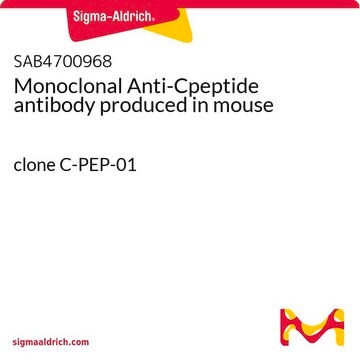
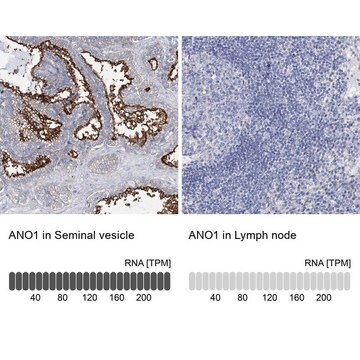

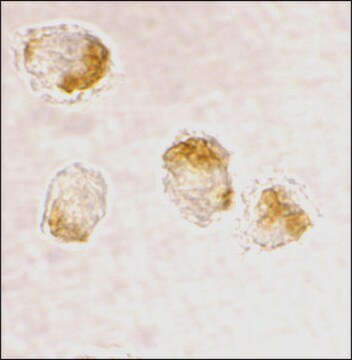
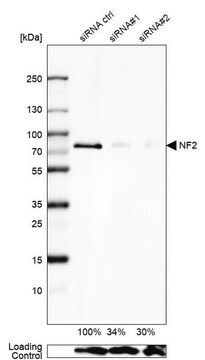

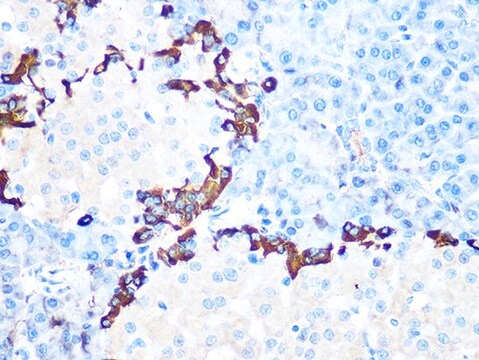
![Guanosine 5′-[β-thio]diphosphate trilithium salt ≥85% (HPLC), powder](/deepweb/assets/sigmaaldrich/product/structures/155/734/9bd8c8c5-4388-4f95-a924-4ff058fa4f41/640/9bd8c8c5-4388-4f95-a924-4ff058fa4f41.png)

